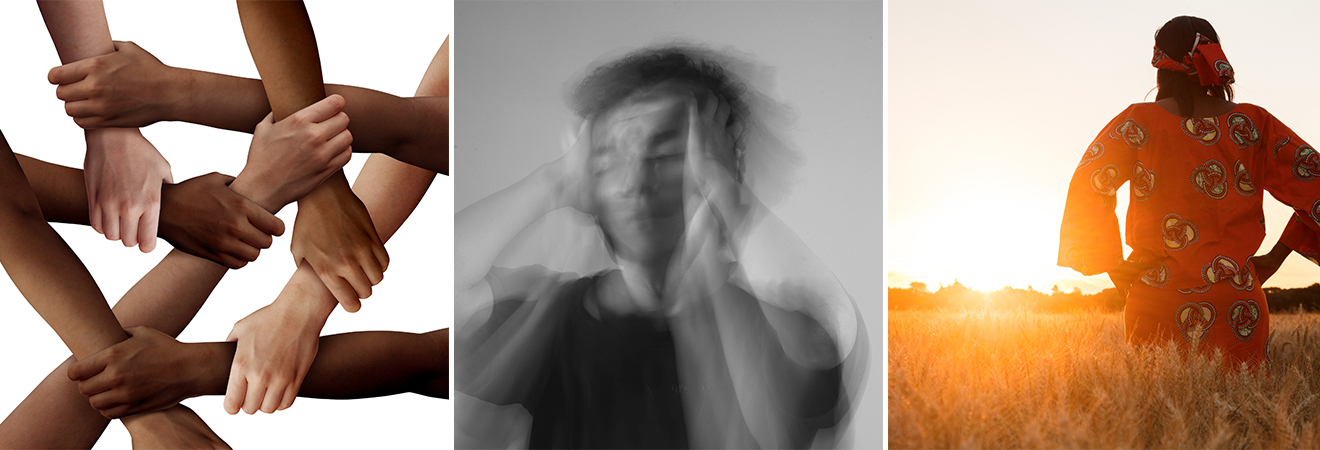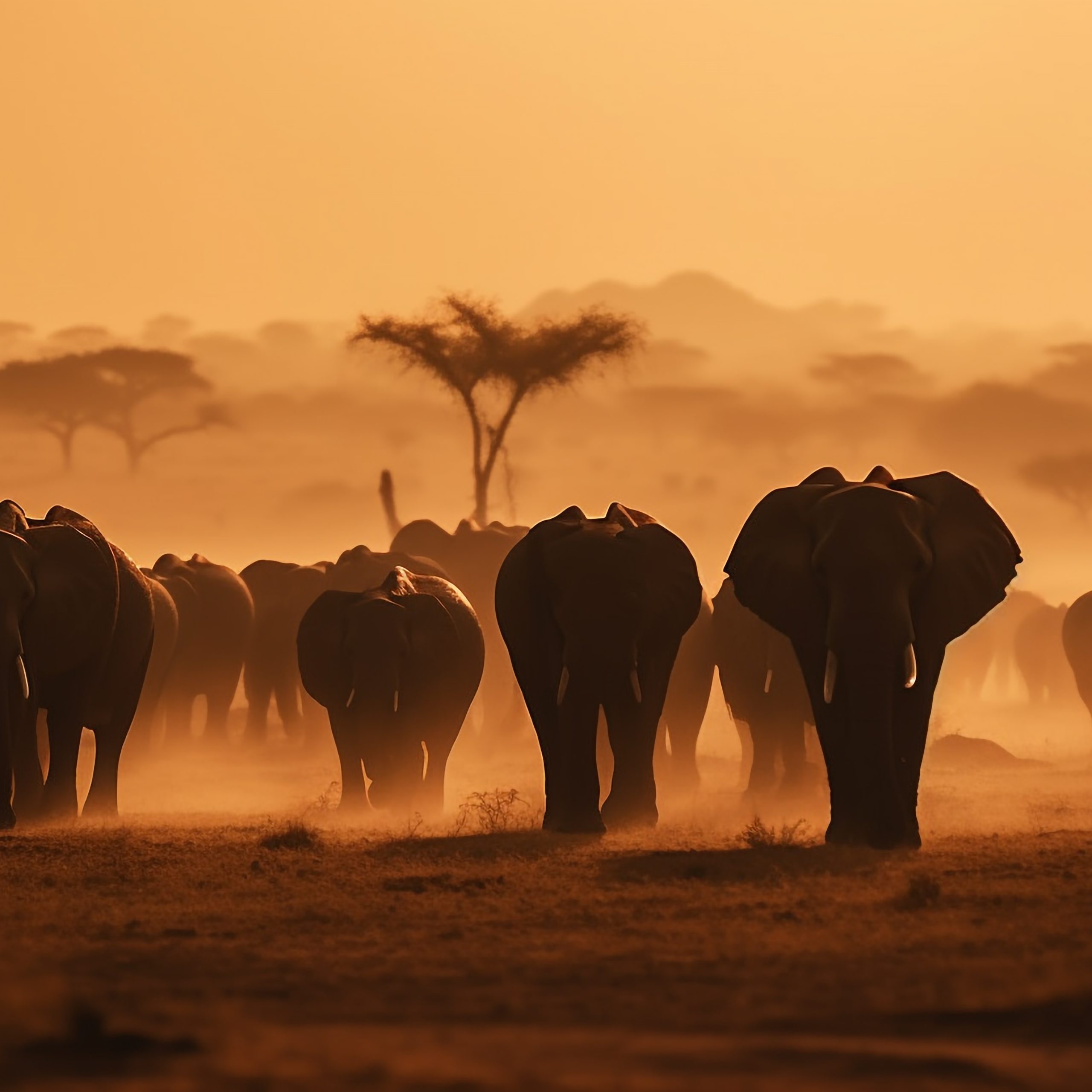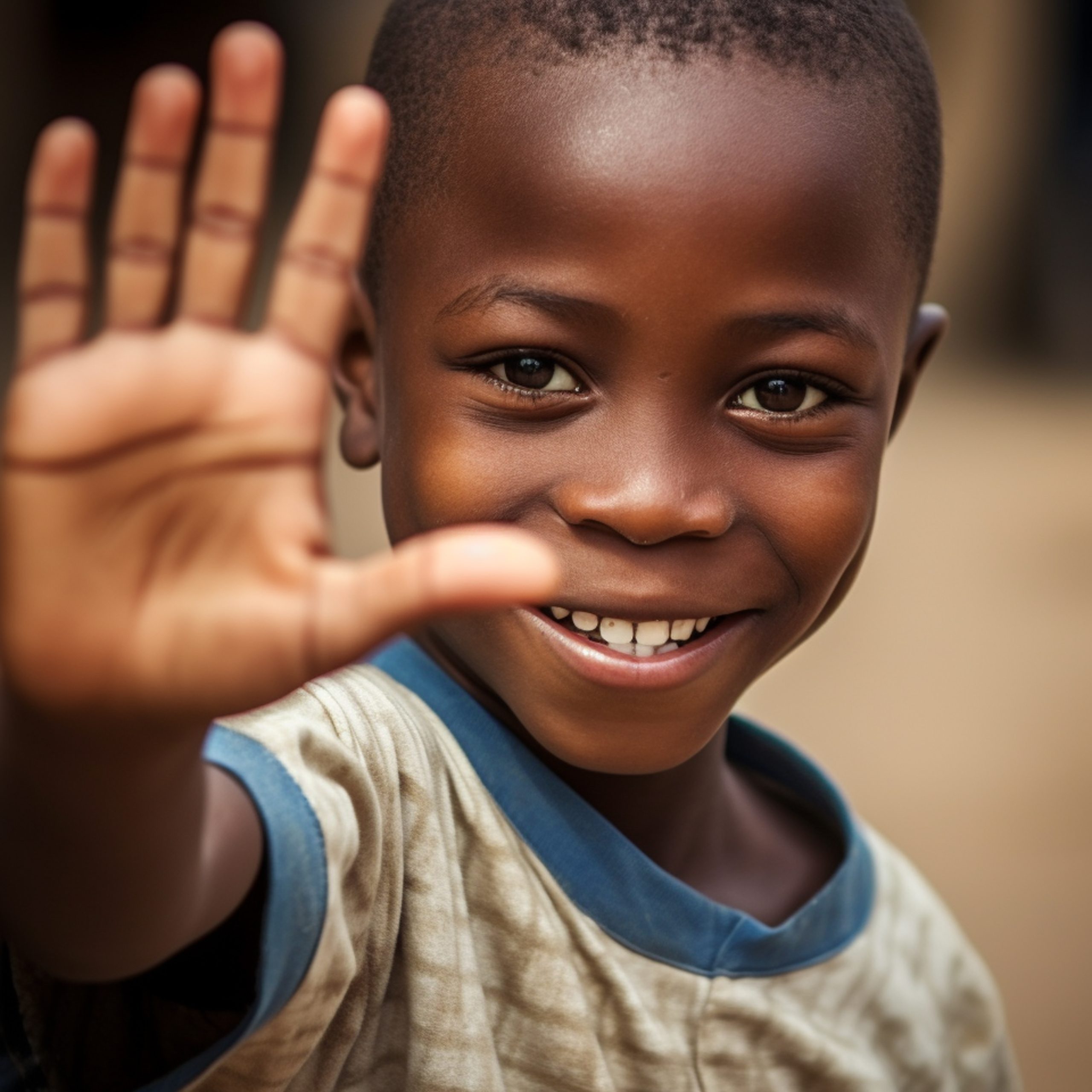The Fine Line Between Care and Taboos: A Tale of Hidden Realities
Africa stands as one of the most diverse continents on the planet, boasting a wealth of biological and cultural richness. With, over 3,000 different ethnic groups speaking more than 2,100 languages, alongside a myriad of religions and traditions, Africa offers a tapestry of experiences and perspectives. Yet, within this mosaic of diversity lies a delicate interplay between our capacity for compassion and the societal boundaries that confine our discussions.
I was born and raised on this continent, naturally filled with so much diversity, and more precisely in the world’s richest country, the DR Congo. And yet, for the longest time, the concept of mental health eluded me, despite growing up grappling with what I now understand to be a less severe form of depression. Depression can have different forms, and people suffering from it can be joyful all the time, hiding their pain or terrible emotions behind a constant smile while still suffering mentally and emotionally. With a predominant 20 million people suffering from mental health as reported last year by the minister of health, precisely depression, people barely acknowledge this disease as they’re not well educated on this, staying captive in a dark place that can affect their lives dramatically. This was my case for a long time. The days would stretch into eternity, with each passing moment suffocating any semblance of joy or purpose, every meal becoming a battle against apathy and every interaction a facade masking the turmoil raging within.
Retreating to the solitude of my room, I began to feel like a bystander to my own life, unable to articulate, even to those closest to me, the turmoil raging within, simply because I couldn’t comprehend it myself. Ashamed of the unholy thoughts that will occasionally cross my mind and the confused stares coming from my family and the distance that slowly build itself between myself and the outside world, I waited, in the silence and darkness of my room, for something, anything, to pull me from that state. It was a peculiar paradox, dealing with those intrusive thoughts that did not represent who I was – but also, as a Christian, personally believe I shouldn’t have – carving a path towards a life of fulfilment and purpose, yet being filled by a profound sense of helplessness because I was not able, or rather did not know, how to extricate myself and escape this loneliness. Eventually, I found solace in exploring alternative perspectives during my travels. It was through a journey of self-reconnection and discovery that I confronted and overcame my struggles.
So, what does this story have to do with Africa, and more specifically the DR Congo, one might ask? The answer lies within the fabric of our society, interwoven with threads of tradition, belief, and silence. According to World Health Organization (WHO), more than 850,000 deaths by suicide happens because of depression every year and Sub-Saharan Africa bears the unfortunate distinction of having the highest suicide rate globally. Despite these alarming statistics, mental health concerns remain shrouded in stigma and misconception with some people still believing it only affecting “white people” and mental health care services lacking in primary care services nationwide. I had the chance to eventually be heard and understood – by other but also by myself –, but sometimes, I can’t help but think of all these Congolese, my brothers and sisters, who in silence are still stuck in that dark and lonely room, feeling like bystanders to their own life solely because they’re not well educated on the matter, too ashamed to express their despair or afraid of the repercussions their truth may cause.
Far too often, vital discussions related to the well-being of our confreres have been relegated to the periphery, dismissed as unspeakable and confined to the shadows becoming silenced narratives that desperately cry out for attention, yearning to be heard and understood.
All those are just the tip of the iceberg of an even bigger problem, which includes countless taboos in Africa, and particularly in the DRC.
Taboos are not relics of a bygone era but living entities that exert profound influence over our lives. Whether it be mental health, sexuality, women health or violence, these taboos are dealt with in complete silence, drastically altering the lives of our fellow citizens and casting a shadow of shame and fear reinforced by our traditions.

Challenge tradition to overcome taboos
It is undeniable that tradition plays a vital role in shaping the identity and cohesion of ethnic groups across the country. From rituals and customs to social norms and values, tradition forms the bedrock upon which communities are built. To challenge taboos is often viewed as a disregard for these deeply ingrained traditions, a betrayal of our cultural heritage in favour of Western influences. Yet, people forget that tradition is not static; it evolves and adapts to changing circumstances. Challenging taboos does not equate to abandoning tradition but signifies a commitment to societal transformation.
Numerous examples worldwide could demonstrate the evolution of societal attitudes and norms over time. From the acceptance of interracial marriage in the United States to the dismantling of apartheid in South Africa, and the ongoing struggle for gender equality in various countries, we can see how pushing barriers brought changes that some societies needed to evolve and better themselves. However, one notable example is seen through the practice of female genital mutilation (FGM) within many African societies, including some regions of our country where 5% of Congolese women and girls still fall victim to this harmful practice. As a long-lasting tradition in certain communities, FGM was deeply rooted in cultural beliefs and norms surrounding femininity, purity, and marriageability. However, in recent years, there has been a significant shift in attitudes towards it due to increased awareness of its harmful effects on women’s health and well-being. Advocacy efforts by local and international organizations, along with education campaigns and legal reforms, have contributed to challenging the taboo surrounding FGM and promoting alternative rites of passage that do not involve harmful practices. This revaluation of traditional practices underscores the importance of engaging with communities to promote understanding and acceptance of cultural change while respecting the value of tradition in shaping identity and cohesion. If this reinterpretation of tradition has been applicable to FGM why not extend the same mobilisation towards the other taboos of Africa?
A change of mindset is still possible
Reflecting on the years I spent trapped in a nuanced state of limbo, I was compelled to embark on a journey that delves into the complexities of care amidst the veils of taboo. it becomes evident that a change of mindset is not only conceivable but imperative for societal progress and it is my belief that by shedding light on these hidden realities, we can foster a culture of acceptance, resilience, and empowerment.
Through open and transparent conversation, we can pave the way for a more inclusive and compassionate society. Hidden Realities was born as a space for dialogue, where taboo topics are met with empathy and understanding. For in acknowledging the humanity within each taboo, we take a crucial step towards empathy, understanding, and actionable change.
It’s time to speak of the realities of our country, even the hidden ones. Join me on this journey as we bridge the divide, address the unspoken, and listen to the unheard.



